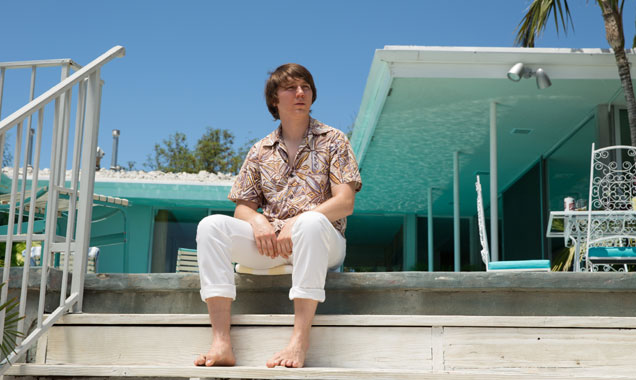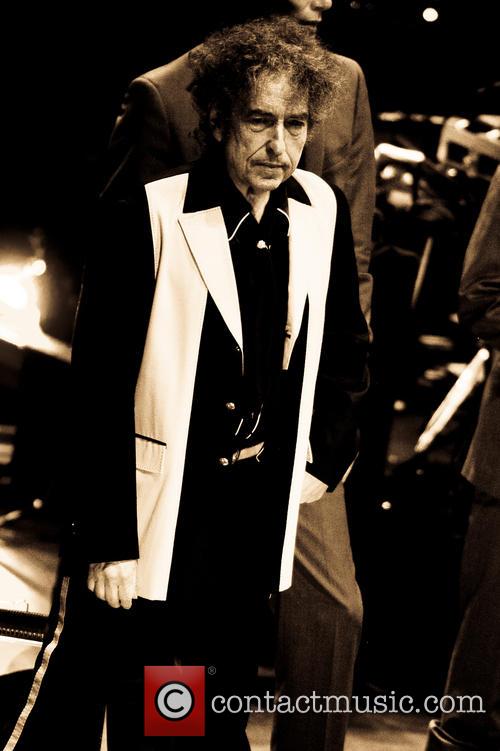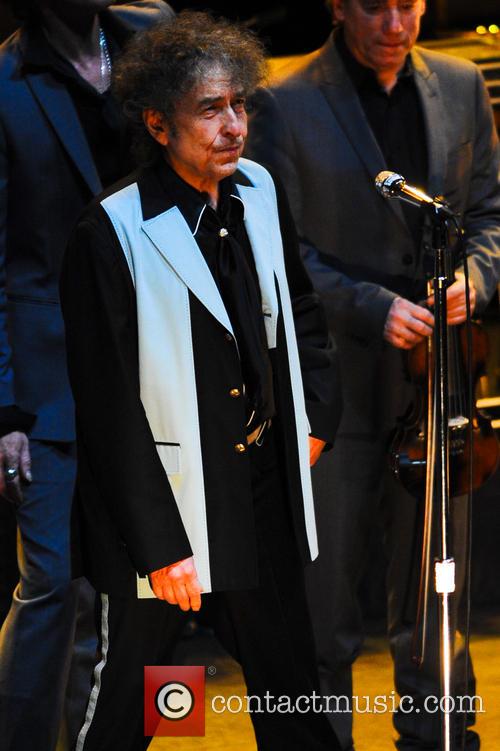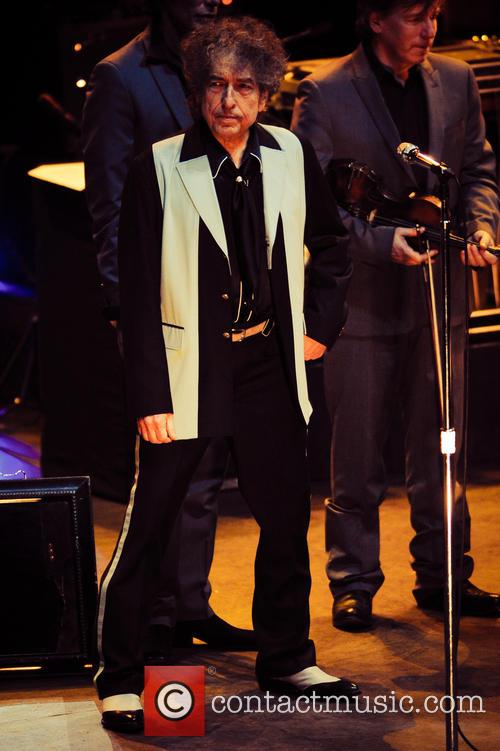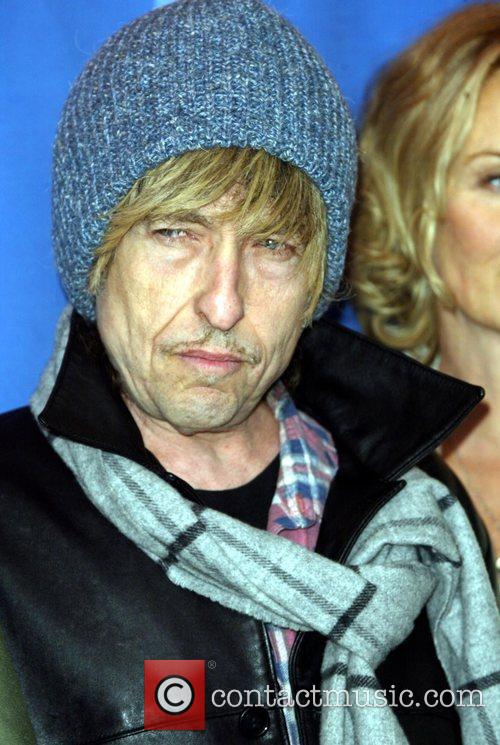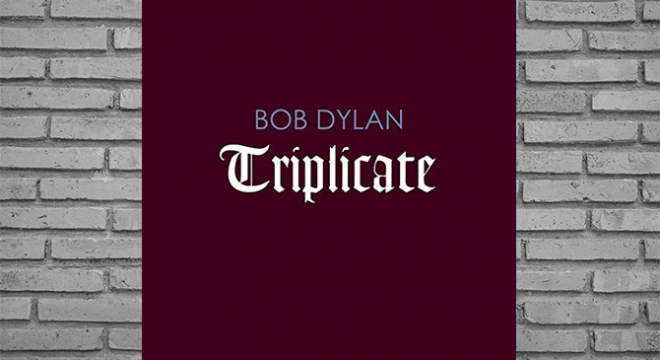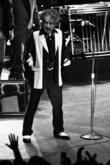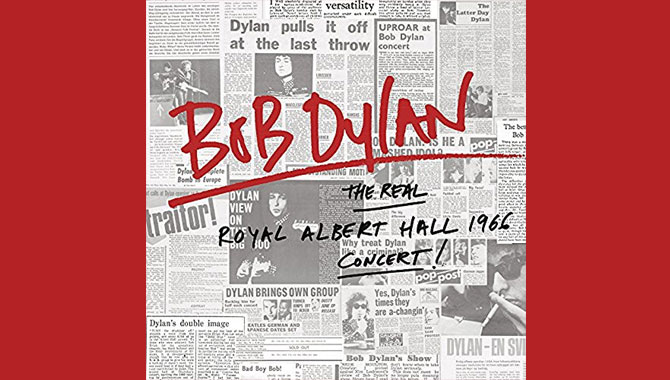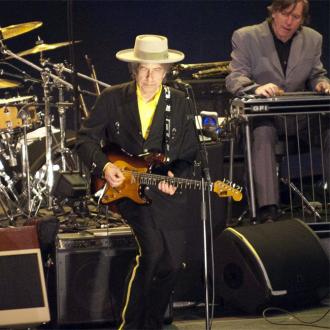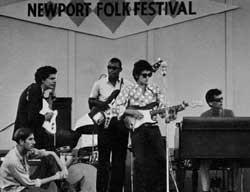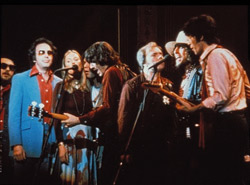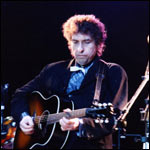
Bob Dylan (born Robert Zimmerman, 24.5.1941)
Bob Dylan is an American songwriter who rose to fame in the 1960s.
Net Worth: In 2013, Celebrity Net Worth claimed that Bob Dylan had a net worth of 180 million USD.
Childhood: Bob Dylan was born in Duluth, Minnesota and was later raised near Lake Superior. He has a Jewish heritage. Bob Dylan's first band was the Shadow Blasters, followed by The Golden Chords, who played cover versions of popular songs. In 1959, he played with Bobby Vee, hand-clapping and playing piano. That same year, he moved to the University of Minnesota, Minneapolis. Upon hearing Odetta, he traded in his electric guitar for an acoustic and his love of folk music, as opposed to rock 'n' roll, slowly grew. He began playing at coffee houses such as the 10 O'clock Scholar and became a part of the Dinkytown folk scene.
Career: In 1961, Bob Dylan moved to New York City, intending to visit his hero, Woody Guthrie, who was in hospital there. Eventually, his music was heard by John Hammond, who signed him to Columbia Records. Dylan's debut album was entitled Bob Dylan and was released in 1962. It featured folk and blues standard as well as two of his own songs. That year, he signed a management deal with Albert Grossman. The second album, The Freewheelin' Bob Dylan was an introduction to his protest songs, featuring one of his most notorious songs, 'Blowin' In The Wind'. He soon became a prominent figure in the Greenwich Village folk movement. Artists including the Hollies, Manfred Mann and Sonny and Cher had hits with Dylan's songs in the 1960s. Bob Dylan often performed with Joan Baez at protest rallies and the pair were figureheads of the civil rights movement of the 1960s. Dylan's next albums were the Times They Are A-Changin', followed by Another Side of Bob Dylan. In 1965, Dylan released Bringing It All Back Home, featuring something of a style shift, with songs such as 'Subterranean Homesick Blues'. Appearing at that year's Newport Folk Festival, he played his electric guitar, apparently alienating a huge section of the audience. Released in 1965, the single 'Like A Rolling Stone' reached number two in the US and number 4 in the UK. Shortly after, came Dylan's Highway '61 Revisited. The next year, Dylan travelled to Nashville and recorded Blonde On Blonde. His 1966 world tour culminated in the notorious gig at Manchester's Free Trade Hall, which saw one angry fan shout "Judas!" when Dylan played his electric guitar. In 1967, after a break following a motorcycle accident, Dylan released the album John Wesley Harding, which included 'All Along The Watchtower', famously covered by Jimi Hendrix. Dylan's 1969 release, Nashville Skyline was a country record, featuring Johnny Cash and the hit single 'Lay Lady Lay'. Dylan's life as the critical darling ended abruptly in the early 1970s, when Greil Marcus famously asked "What is this shit?" in a Rolling Stone review of Self Portrait. In 1972, Bob Dylan provided the soundtrack to Pat Garrett and Billy the Kid, including the song 'Knockin' On Heaven's Door', which has been covered by over 150 artists. The next year, he signed with Geffen and released Picture Waves with The Band. Following a marriage-break-up, Dylan released Blood On the Tracks in 1974, though it did not fare well with many critics, such as the NME's Nick Kent. In 1976, Dylan appeared at The Band's final performance, along with Joni Mitchell and Neil Young. The performance was released on the album the Last Waltz. In the late 1970's, Dylan became a born-again Christian and released two Christian gospel albums, Slow Train Coming and Saved. Though Dylan continued to release albums in the 1980s, much of it was overlooked, both commercially and critically. Of his more respected work of the era, 1983's Infidels stood out. In 1988, he was inducted into the Rock And Roll Hall of Fame, with a speech by Bruce Springsteen. His 1990 album Under the Red Sky was so poorly received that he did not make another album for seven years. It was not until 2001's Love and Theft that Dylan fell back into favour with his audience, with many applauding its wide range of styles, including jazz, swing and lounge ballads. In 2004, his autobiography Chronicles: Volume One reached number two on the New York Times bestseller list. In 2006, Bob Dylan's Modern Times album reached number one in the US charts. The same year, he began hosting a weekly radio show, entitled 'Theme Time Radio Hour'. The show was later broadcast by the BBC. In 2007, Todd Haynes wrote and directed the film I'm Not There, which was inspired by Dylan's life and music. A number of different actors played Dylan in the movie, most notably Cate Blanchett, but also Christian Bale, Heath Ledger and Richard Gere. The same year, Dylan authorized the first ever official remix of one his songs. Mark Ronson had asked to remix 'Most Likely You'll Go Your Way (And I'll Go Mine).' In July 2008, it was announced by CBS that they would release a long-awaited bootleg series, entitled Tell Tale Signs: Rare and Unreleased 1989-2006.
Personal Life: In 1965, Bob Dylan married Sara Lownds. They had four children together: Jesse Byron, Anna Lea, Samuel Isaac Abraham and Jakob Luke. Bob also adopted Sara's daughter Maria Lownds. Bob and Sara divorced in 1977. Bob Dylan then married his backing singer, Carolyn Dennis in 1986. They had one daughter, Desiree Gabrielle Dennis-Dylan, in 1986. They divorced in 1992. This information was not revealed until the publication of his biography in 2001 by Howard Sounes. In 2009, Dylan moved to Malibu, California.
Biography by Contactmusic.com

